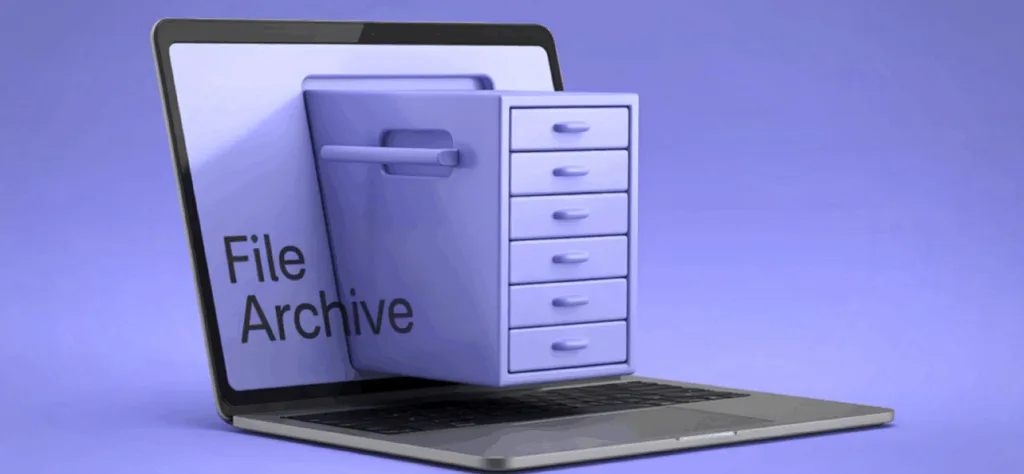A crash happens in seconds, but building the case takes much longer. Medical records tell the story of the injury, from the first evaluation to every scan, treatment and follow-up. They form the foundation of the case.
Yet most clients don’t understand how those records are created or why they can take weeks — even months — to obtain.
That’s why it helps to set expectations early. A brief explanation of where records come from, how the timeline works and why delays are common can head off confusion later. Even a short conversation upfront can save weeks of frustration.
You already know outsourcing helps your team move faster and work more efficiently. This piece helps you explain that value to your clients.
From Crash to Chart: Where the Medical Records Timeline Begins
The medical story doesn’t begin in the courtroom. It starts with the first ER visit — whether it’s a brief check or something more serious. That one appointment sets off a chain of records that ultimately shapes the case.
Clients often assume everything is stored in one file. It helps to explain how the record trail actually comes together, piece by piece:
- The ER visit generates triage notes, imaging and initial treatment
- Primary care adds follow-ups, referrals and pain tracking
- Specialists document evaluations like ortho, neuro or pain management
- Diagnostic tests produce scan results and lab interpretations
- Physical therapy logs sessions and progress notes
- Pharmacies track medication fills and refills
Each provider keeps their own records. Clients need to know that the case file builds over time, one visit at a time.
These records aren’t just paperwork. They connect the injury to the accident, support treatment and show long-term impact. When clients understand that, they’re more patient with the process and more confident in how their case is being handled.
When Are Records Available?
Clients often ask, “Why can’t you just get the records now?” It’s a fair question and one worth addressing early.
Explain that hospitals and clinics follow their own timelines. Records must go through internal review, billing and data entry before they are released. None of it happens instantly, and much of it is outside the firm’s control.
Some providers respond within a few days. Others take weeks, especially if they rely on paper systems or are short-staffed.
You can keep it simple with a line like this:
“We submit the request right away, but every provider is different. Some move quickly, others take longer. We keep following up until we get the records.”
Setting that expectation early helps reduce confusion, cut down on repeated questions and build trust along the way.
Ask The Challenge of Retrieval: Why It’s Not Just “Printing and Sending”The Challenge of Retrieval: Why It’s Not Just “Printing and Sending”
Clients usually think it’s straightforward — call the doctor and the records show up. But unless you walk them through what really happens, they may start wondering what the holdup is.
You don’t need to explain every step, but clients should know it’s not just a matter of picking up the phone. You can keep it simple:
“We have to request your records from each provider separately. Some are fast, some drag their feet. We send what they need, then follow up until they send us the records.”
Behind the scenes, that usually means:
- Filling out the provider’s specific request forms
- Making sure HIPAA authorizations are done correctly
- Tracking down the right contact if there’s no response
- Reviewing the records to confirm they’re complete and cover the right time period
- It’s not complex on paper, but it takes time — and it’s rarely smooth. Setting that expectation early helps avoid unnecessary back-and-forth later.
When handled in-house, this work falls to case managers or paralegals who are already managing full caseloads. A single request can take hours of effort and several rounds of outreach.
Explaining this up front helps clients understand why there may be quiet stretches while records are still pending. It also shows that your team is actively managing the process, even if they don’t see that work happening.
The goal isn’t to overwhelm them. It’s to set expectations so they stay informed and trust that the case is still moving forward.
Saving Costs on Record Retrieval Through Transparent Pricing
Medical record retrieval takes time, coordination and follow-up. It’s not built into your firm’s overhead, so like court filing fees or expert expenses, the cost is typically passed through to the client. The key is helping them understand what they’re paying for — and why it works in their favor.
When the fee comes up, keep the explanation simple:
- The firm uses a retrieval service to get records faster and with fewer delays
- The cost is a direct pass-through, not a markup
- It often saves more than it costs by avoiding staff time and delays from manual follow-up
Clients don’t expect the service to be free. They do expect clarity. When they understand that this fee keeps their case moving and frees your team to focus on the bigger picture, they’re much more likely to view it as a smart investment — not just another line item.
The Win-Win: Faster, Better Cases and Happier Clients
When medical record retrieval for law firms is quick and efficient, everything moves faster. Demand packages go out sooner, negotiations start earlier and cases close more quickly. That’s a win for everyone.
Clients feel more confident when they understand why personal injury medical records matter, why they take time and how retrieval costs are applied. Clear communication builds trust, and trust leads to better reviews, stronger referrals and smoother case management.
For law firms, outsourcing retrieval protects staff bandwidth, reduces administrative drag and supports profitability. Case managers stay focused on what they do best, while the retrieval process runs quietly and reliably in the background.
Faster records mean fewer delays, better communication with clients and more time for your team to focus on the work that moves cases forward.
From Impact to Evidence: How Medical Record Retrieval Drives Personal Injury Cases
Medical records are the foundation of every personal injury case, but most clients have no idea how those records are created, when they become available or why they take time to gather. Taking a few minutes to walk them through that timeline helps set expectations, reduce confusion and build trust early in the relationship.
Outsourcing medical record retrieval isn’t just about making your firm more efficient. It benefits the client, too. The process moves faster, internal costs stay down and your team can stay focused on advancing the case instead of chasing paperwork.
Clients don’t need a deep dive — just a clear explanation. When they understand why retrieval takes time and what the fee covers, they’re more likely to see it as a smart part of the process, not an extra cost.
Want your team focused on strategy, not administrative follow-up? Learn how our record retrieval services can help.



